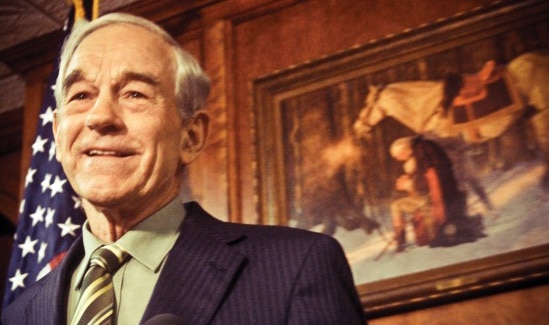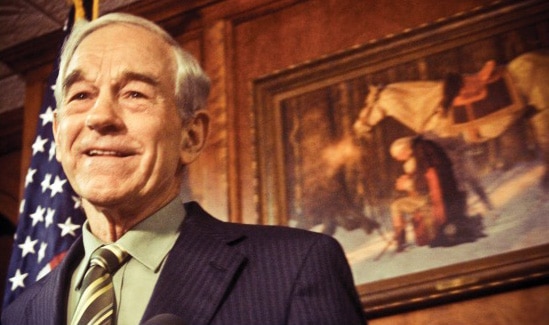
The United States Constitution was ratified 230 years ago this week as the foundational law of the US government, when on June 21, 1788 New Hampshire became the ninth state to ratify the document. In the year 2000, then-United States House of Representatives Member Ron Paul (R-TX) delivered a speech on the House floor titled “A Republic, If You Can Keep It” in which he discussed in detail his thoughts on the Constitution, the individual rights he viewed the document as seeking to protect, and the great extent to which the US government had expanded beyond and rejected constitutional limits.
Paul, who always would ask if legislation he was presented with in the House was authorized by the Constitution, early on in the speech explains:
Our constitutional republic, according to our Founders, should, above all else, protect the rights of the minority against the abuses of an authoritarian majority. They feared democracy as much as monarchy and demanded a weak executive, a restrained court, and a handicapped legislature.
Paul soon after in his speech notes:
The Constitution made it clear that the government was not to interfere with productive non-violent human energy. This is the key element that has permitted America’s great achievements. It was a great plan; we should all be thankful for the bravery and wisdom of those who established this nation and secured the Constitution for us. We have been the political and economic envy of the world. We have truly been blessed. The Founders often spoke of “divine providence” and that God willed us this great nation. It has been a grand experiment, but it is important that the fundamental moral premises that underpin this nation are understood and maintained. We as Members of Congress have that responsibility.
Yet, despite the effort of the Founders to ensure respect for liberty, government in America grew much over time, engaging in pervasive rights violations. In his speech, Paul provides many examples of such government action concerning matters from mass surveillance to a high tax system to US government involvement in education to the US monetary system to the increase in executive branch powers to the creation of an “armed national police state” to a policy of foreign interventionism including “global military activism.” In all these instances the US government exercises power to the detriment of liberty and in violation of constitutional limitations. Overall, Paul makes this stark assessment of the situation as of the year 2000:
Almost every daily activity we engage in is monitored or regulated by some government agency. If one attempts to just avoid government harassment, one finds himself in deep trouble with the law.
Paul notes in the speech a contest between people seeking liberty and people seeking power:
In every society there are always those waiting in the wings for an opportunity to show how brilliant they are, as they lust for power, convinced they know what’s best for everyone. But the defenders of liberty know that what is best for everyone is to be left alone, with a government limited to stopping aggressive behavior.
Unfortunately, in America the power seekers have won in many ways as government has expanded far beyond constitutional bounds. Indeed, Paul laments in his speech that the Constitution “no longer serves as the guide for the rule of law” and that “[i]n its place we have substituted the rule of man and the special interests.”
Yet, Paul in his 2000 speech, as in his comments since leaving the House and founding the Ron Paul Institute, is optimistic. He suggests toward the end of his speech that liberty proponents, though they “face tough odds,” can win and should work hard for victory. Says Paul:
The grand experiment in human liberty must not be abandoned. A renewed hope and understanding of liberty is what we need as we move into the 21st Century.
In his concluding sentences Paul expresses this aspiration:
Let’s hope and pray that our political focus will soon shift toward preserving liberty and individual responsibility and away from authoritarianism. The future of the American Republic depends on it. Let us not forget the American dream depends on keeping alive the spirit of liberty.
Watch Paul’s wide-ranging, thought-provoking speech (in eight parts) here:
Part 1:
Part 2:
Part 3:
Part 4:
Part 5:
Part 6:
Part 7:
Part 8:

